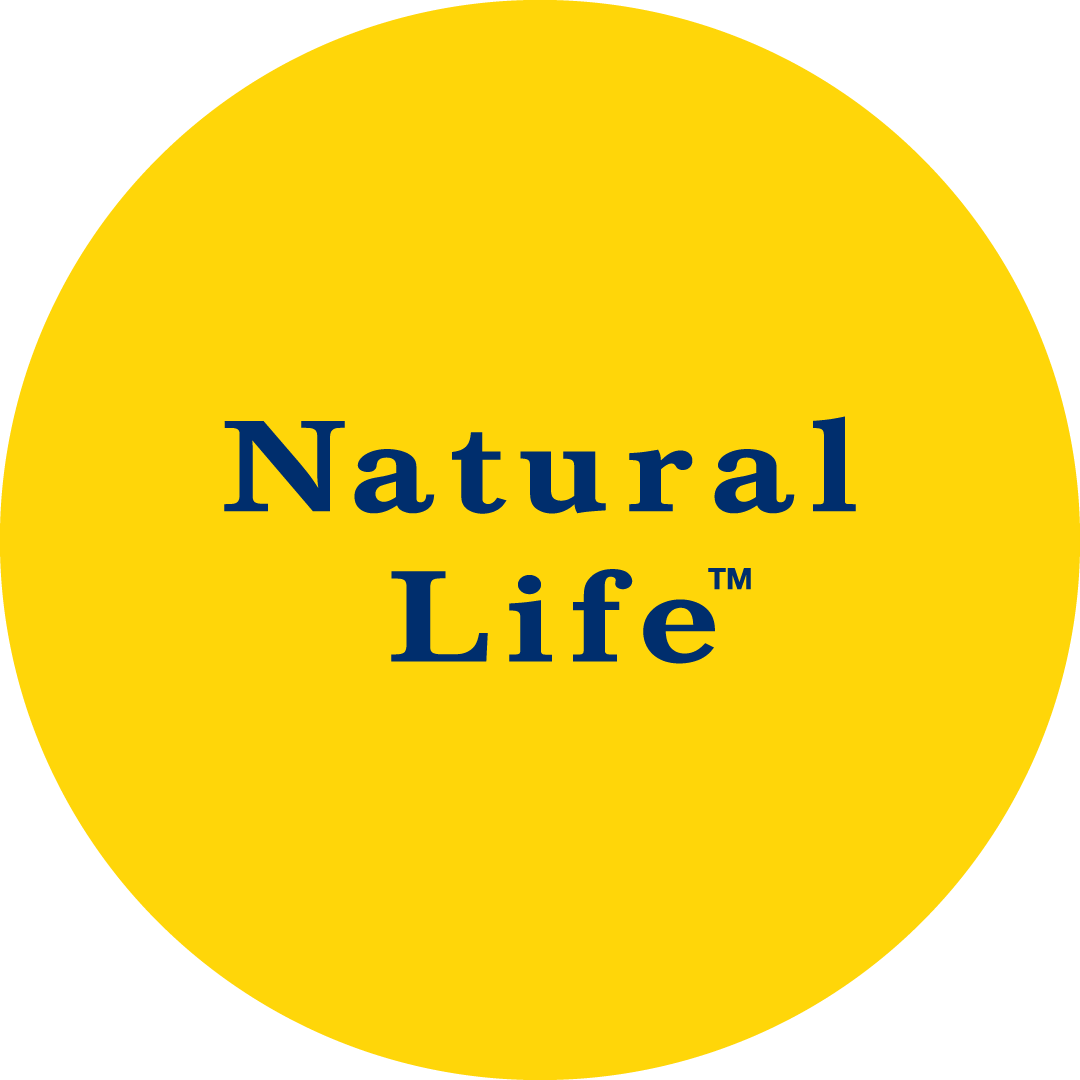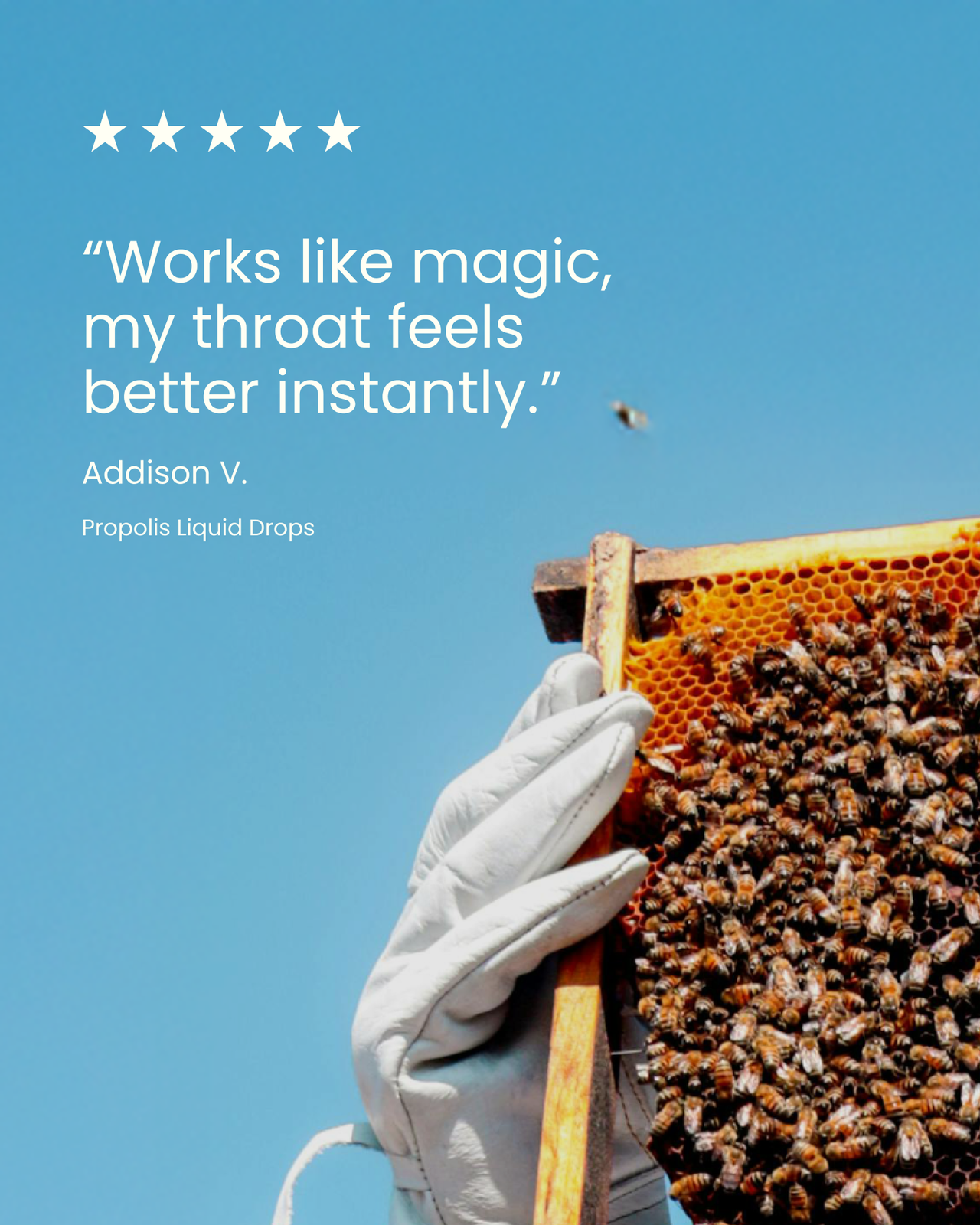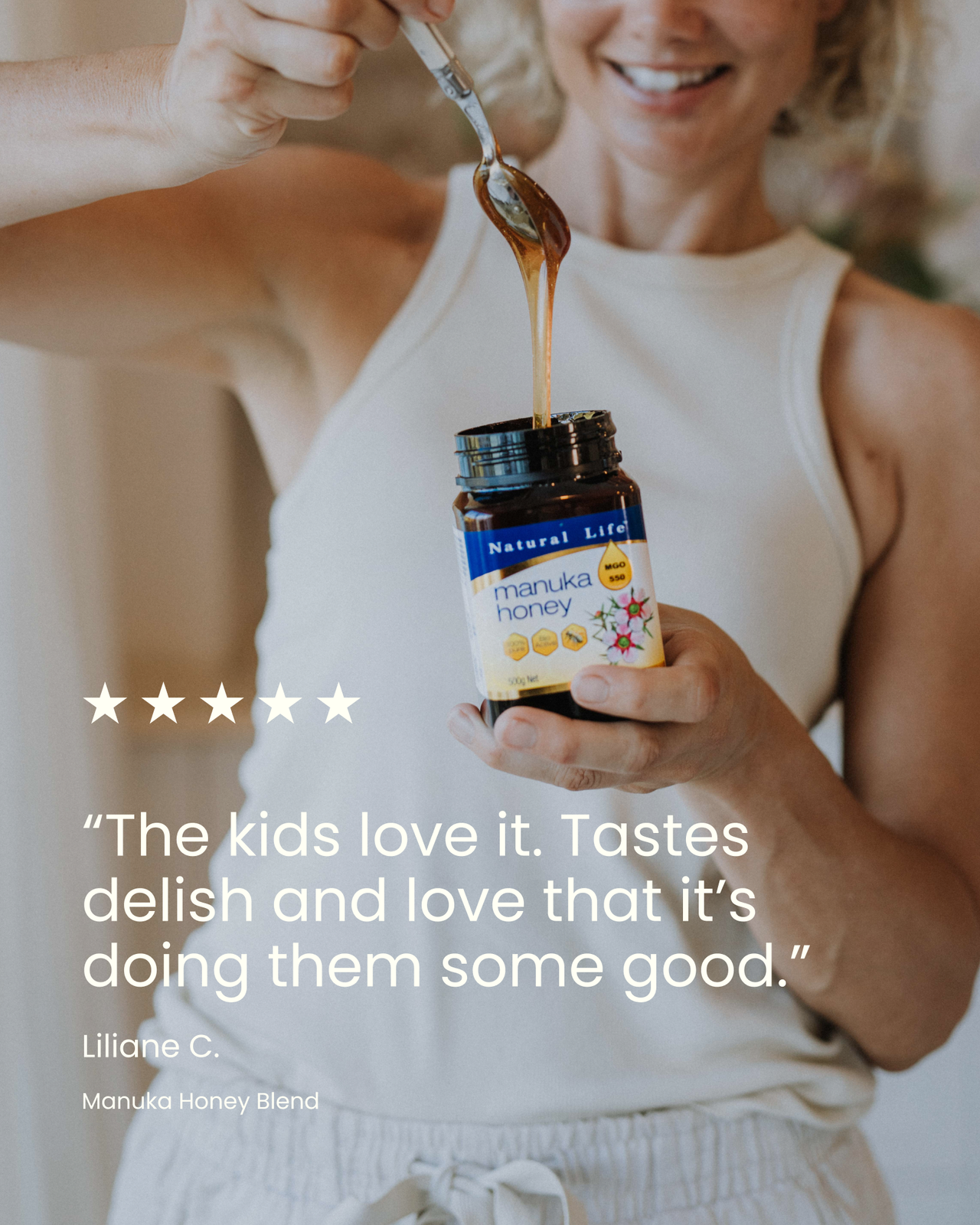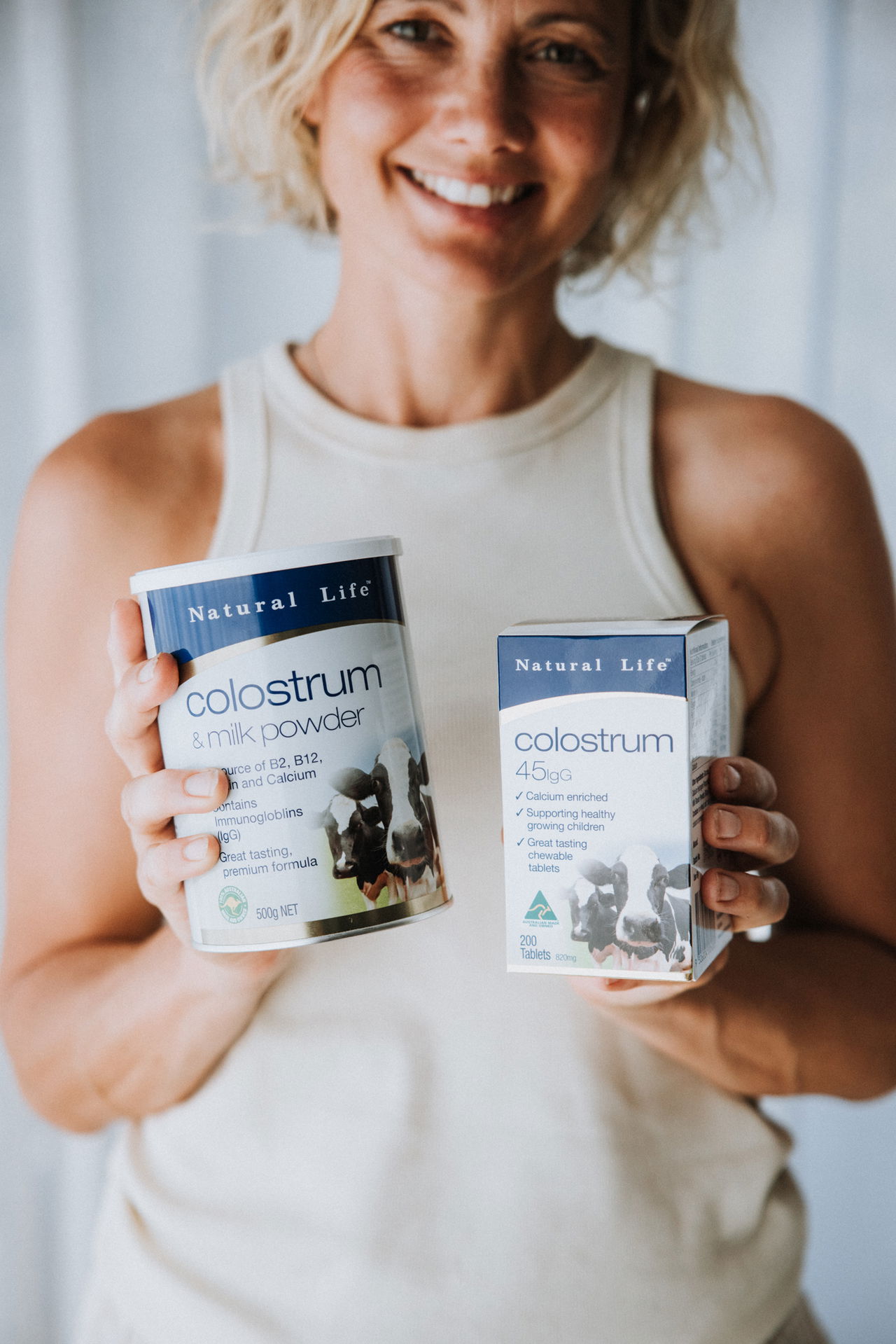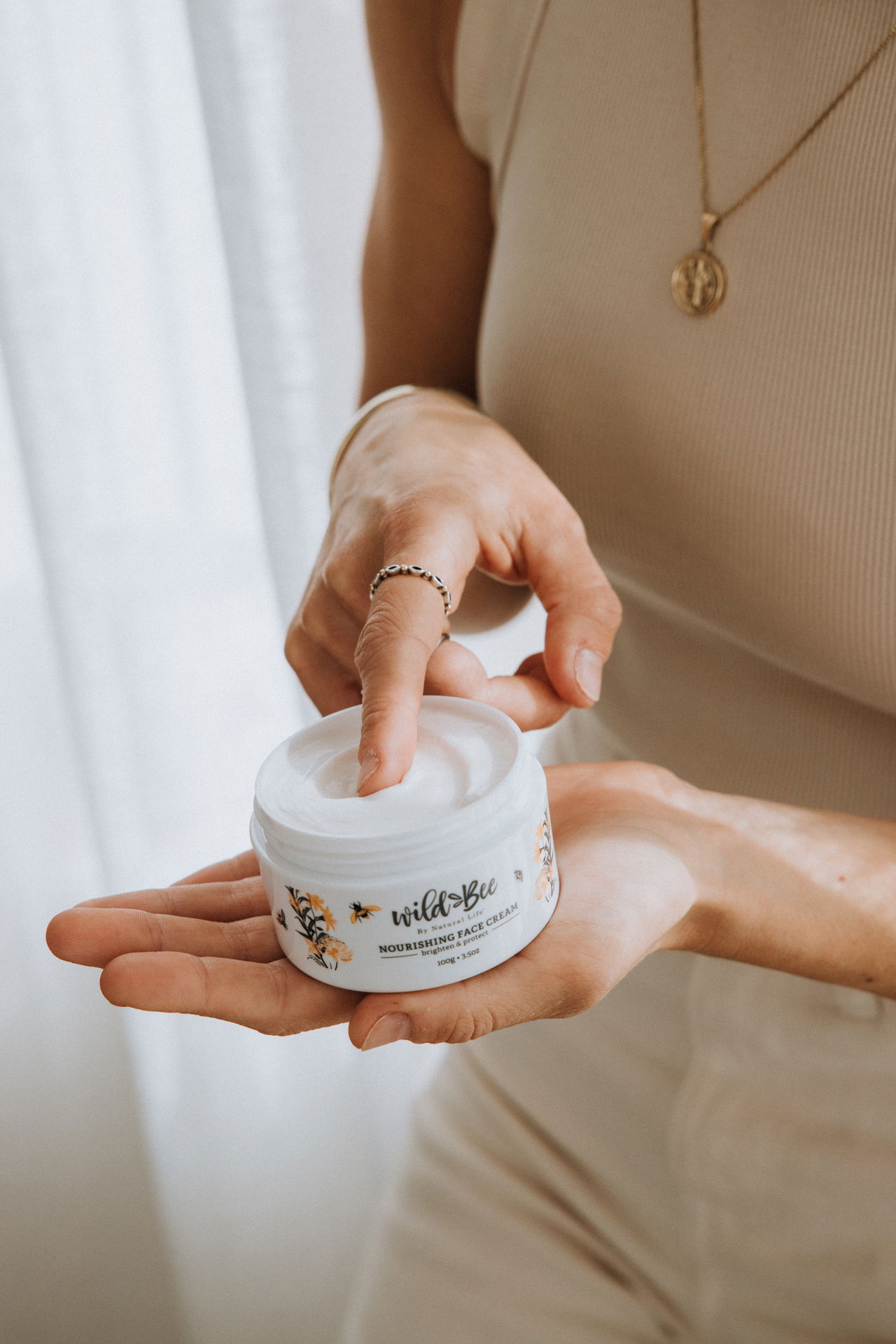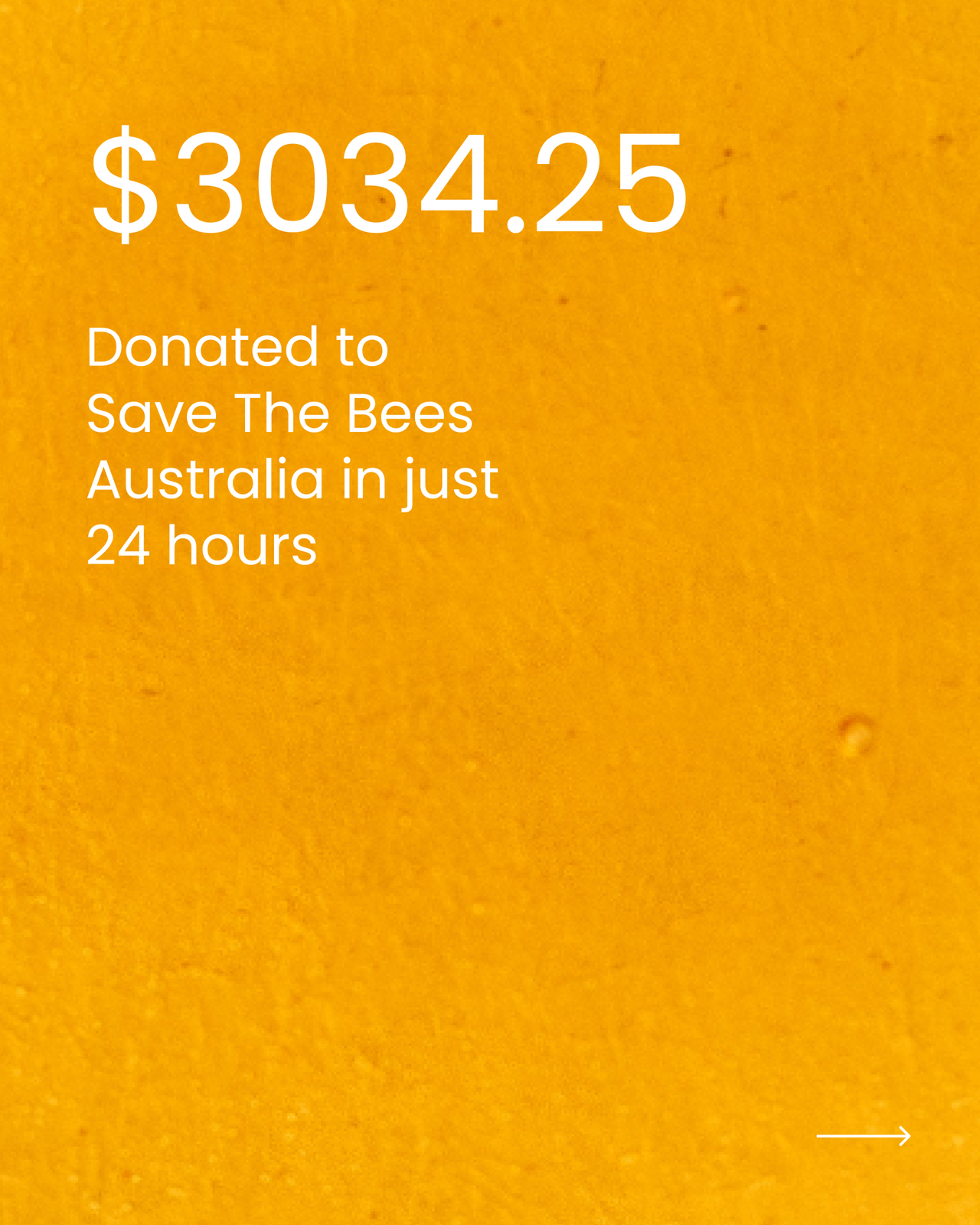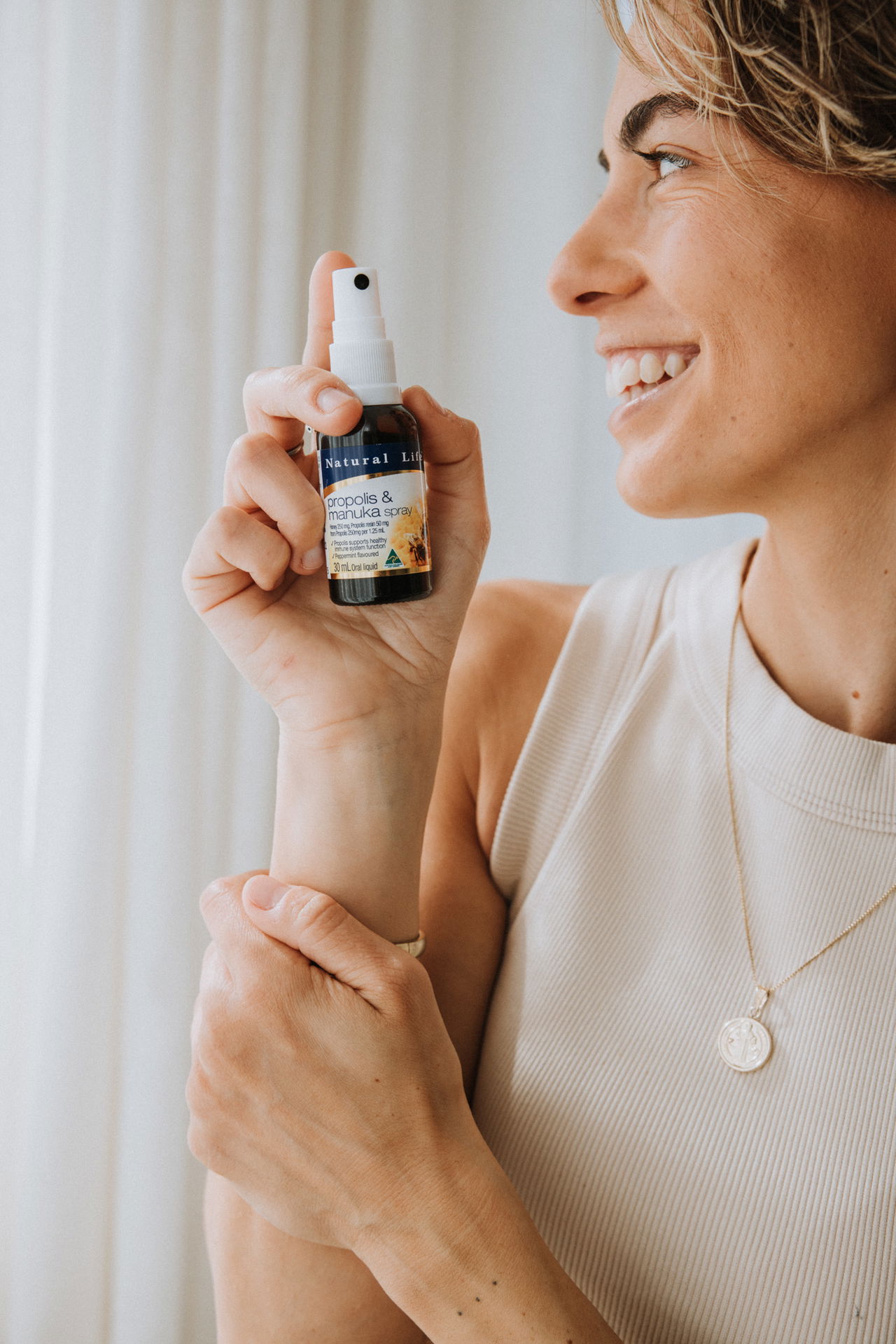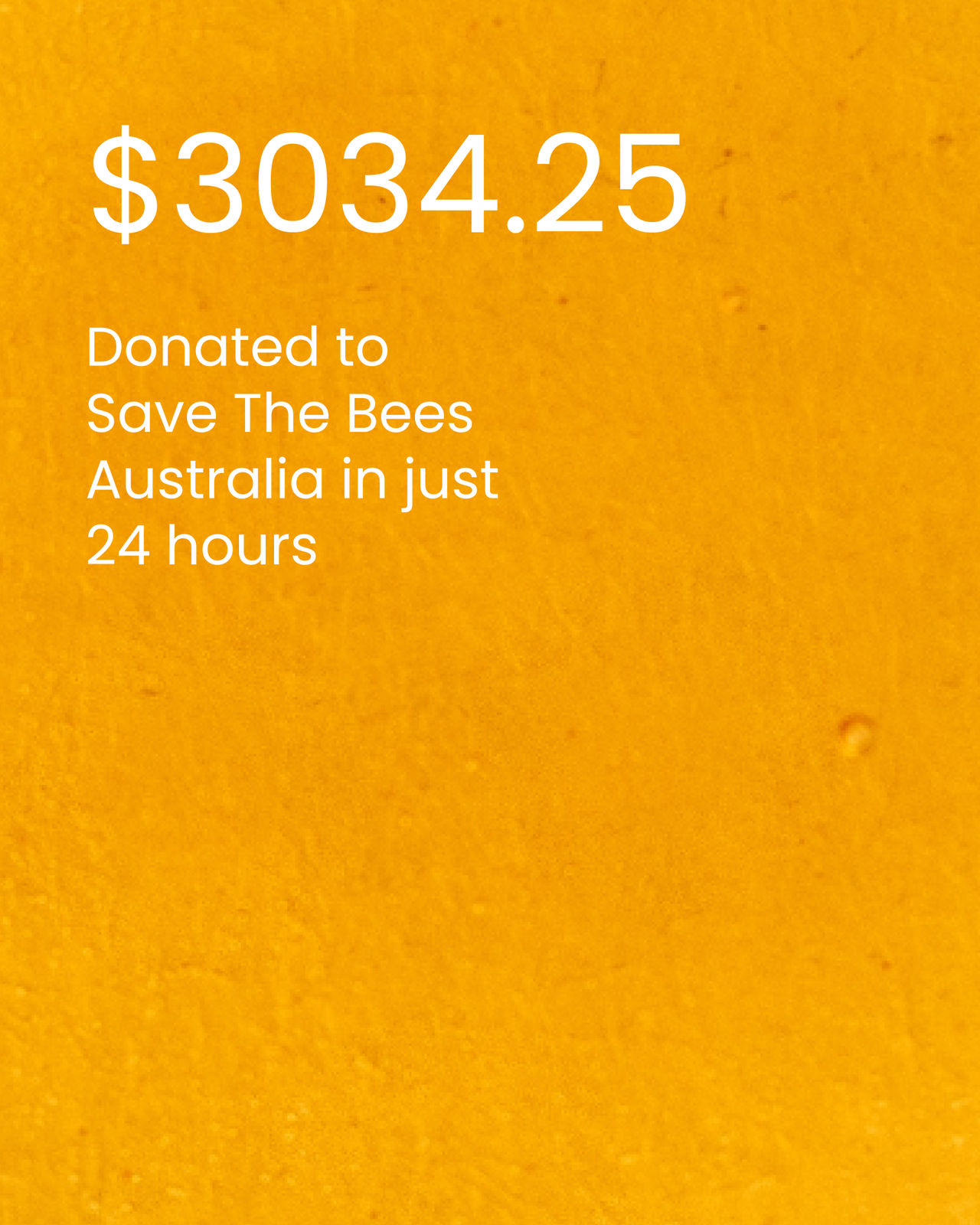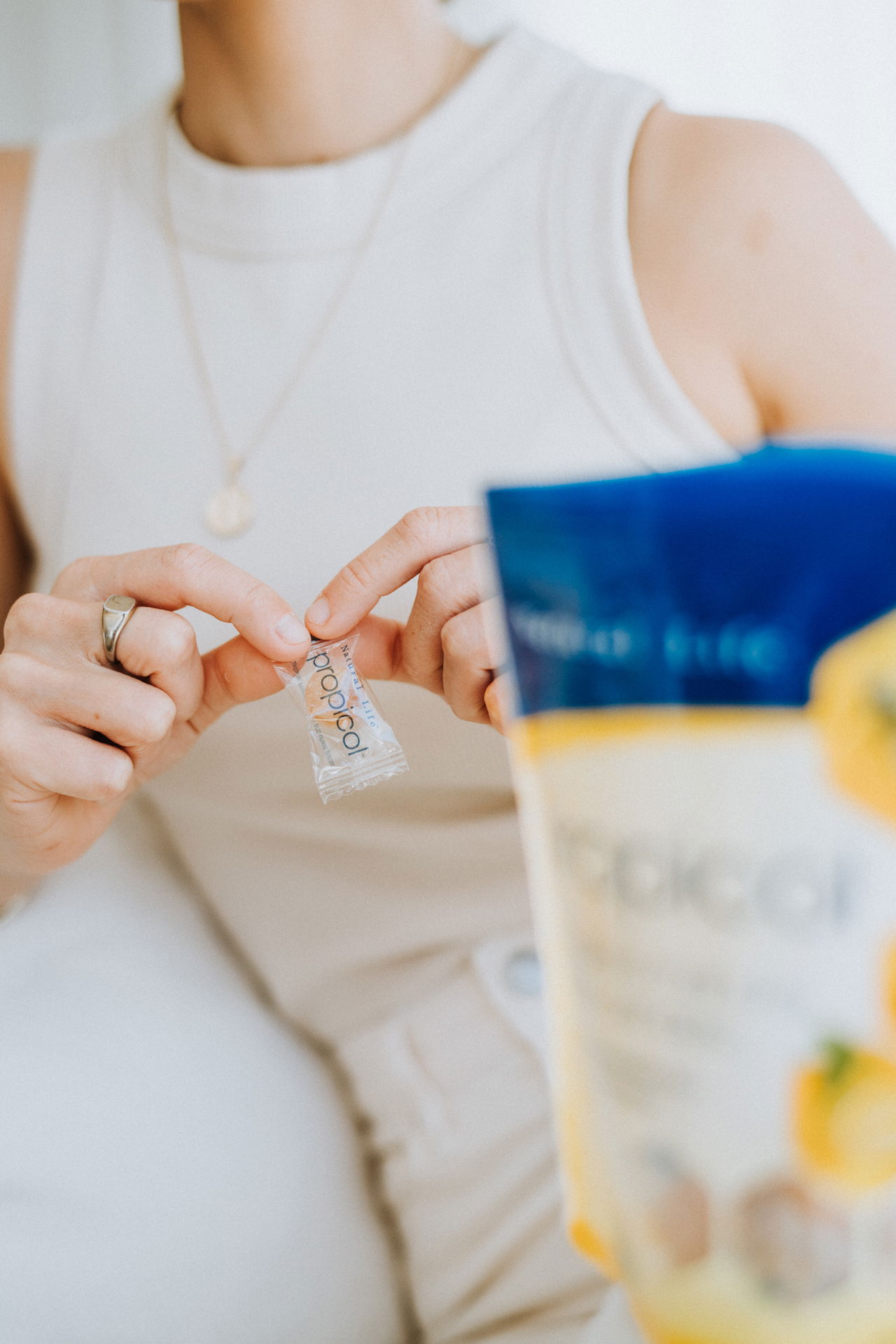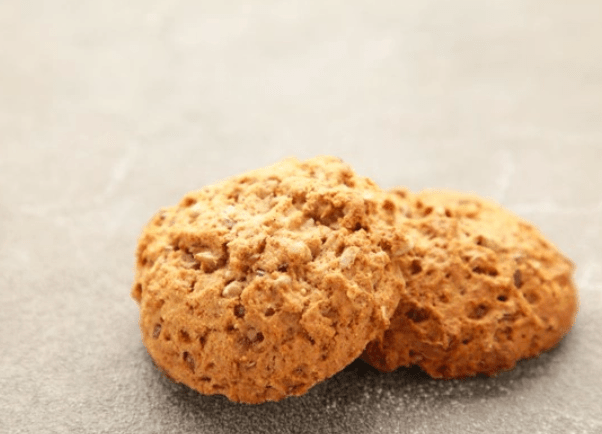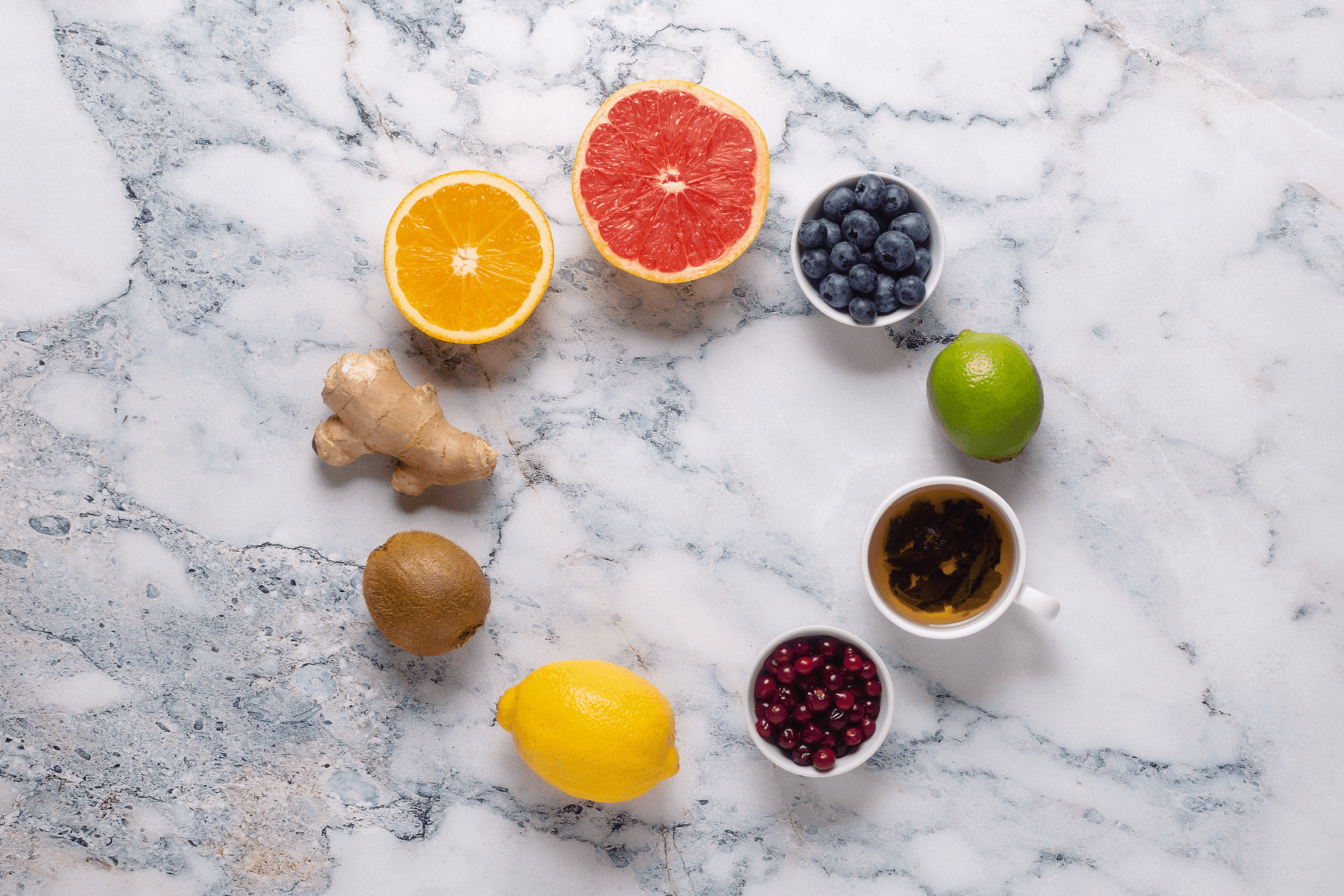Every now and then, a new word appears in relation to foods and your health, and soon, everyone is talking about it.
Antioxidants are one example. Ten years ago, no-one really used this term when talking about food. Now people use ‘antioxidants’ to sell everything from fresh fruit and vegetables to kids cereals and sport drinks.
There’s no denying antioxidants are good for your health and may assist in disease prevention and premature ageing. Antioxidants are recommended by doctors, nutritionists and health practitioners everywhere. But what’s the next health buzzword?
Bioflavonoids
Bioflavonoids are a relatively newly identified group of nutrients currently being examined for their benefits to health. In the past, bioflavonoids have been referred to as ‘Vitamin P’ as researchers were not sure exactly how they might improve our health. Like antioxidants, bioflavonoids are thought to fight and prevent free radical damage that is often the source of cell damage, ageing and disease. Other health benefits associated with bioflavonoids include reduced blood clotting, improved circulation, immune support, lower cholesterol and improved allergy relief. This may be why bioflavonoids are sometimes called ‘super-antioxidants.’
Bioflavonoids – the super antioxidant
Think of the foods most often related to good health: berries, brightly coloured fruits and vegetables, citrus fruits, dark chocolate, red wine, garlic, green tea. These foods are recommended as sources of antioxidants, for immune health, heart health, anti-ageing and overall wellbeing. It’s no surprise they are all excellent sources of bioflavonoids. Research suggests that bioflavonoids are extra useful because they enhance the effect of other antioxidants – in particular, vitamin C.
Bioflavonoids enhance the effect of vitamin C
The health benefits of antioxidant Vitamin C are many. Vitamin C is mostly related to healthy immune function and is often used to prevent or treat colds and flus and viral attacks like cold sores. It appears that the ability of Vitamin C to provide immune protection is improved when taken in combination with bioflavonoids. It’s no mistake that in nature, many sources of Vitamin C are also sources of bioflavonoids – citrus fruits, capsicum/peppers and berries.
Where can you find bioflavonoids?
We often hear that the best foods for good health are brightly coloured. This may be because the bioflavonoids are found near the skin of fruits and vegetables, giving them their natural bright colour. Some excellent food sources of bioflavonoids include: Red capsicum/peppers, blueberries, strawberries, mango, papaya, spinach, broccoli, brussels sprouts. Bioflavonoids are also available in many natural health supplements including bee health products like bee pollen and propolis.
You can learn more about bioflavonoids online, or ask your natural health practitioner. I’m sure you’ll hear more about bioflavonoids very soon.

